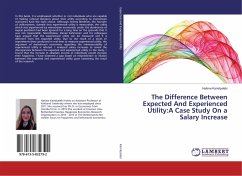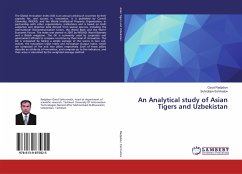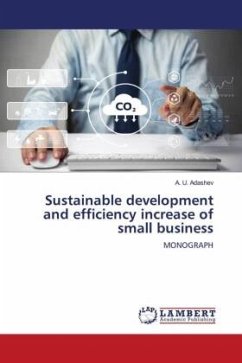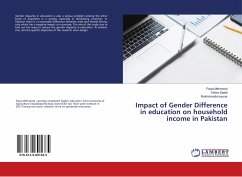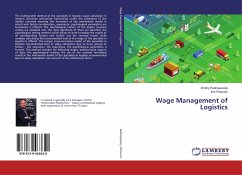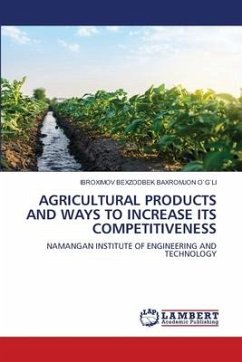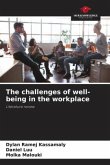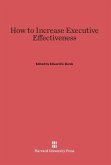In this book, it is emphasized whether or not individuals who are capable of making rational decisions about their utility according to mainstream economics have the right choice. Although Jeremy Bentham, the founder of utilitarianism, claimed that experienced utility is measurable; the utility which was experienced by mainstream economists under the dominance of logical positivism had been ignored for a long time on the grounds that it was not measurable. Nonetheless, Daniel Kahneman and his colleagues have argued that the experienced utility can be measured and it is different from the expected utility. Due to the result of a series of experiments they conducted in real time to measure experienced utility, the argument of mainstream economics regarding the immeasurability of experienced utility is refuted. I analyzed salary increases to reveal the discrepancies between the expected and experienced utility. In the study, I found that the increase in absolute income of individuals would increase their happiness. I have observed a gap based on misprediction or illusion between the expected and experienced utility upon examining the result of the research.
Bitte wählen Sie Ihr Anliegen aus.
Rechnungen
Retourenschein anfordern
Bestellstatus
Storno

